What's A Good Telescope ?
A good telescope is one that meets your specific needs and budget. There are several factors to consider when choosing a telescope, including aperture size, focal length, portability, and ease of use. Some popular brands of telescopes include Celestron, Meade, and Orion. It's important to do your research and read reviews before making a purchase to ensure that you are getting a quality telescope that will provide clear and detailed views of the night sky. Additionally, it's recommended to invest in accessories such as eyepieces, filters, and a sturdy tripod to enhance your viewing experience.
1、 Aperture size
"What's a good telescope?" is a common question among amateur astronomers. The answer to this question depends on several factors, including the user's experience level, budget, and observing goals. However, one of the most important factors to consider when choosing a telescope is the aperture size.
Aperture size refers to the diameter of the telescope's primary mirror or lens. The larger the aperture, the more light the telescope can gather, which translates to brighter and clearer images. A larger aperture also allows for higher magnification, which is essential for observing faint objects such as galaxies and nebulae.
In recent years, there has been a growing trend towards larger aperture telescopes, with many amateur astronomers opting for 8-inch or larger telescopes. This is due to the increasing availability of affordable, high-quality telescopes with larger apertures.
However, it's important to note that aperture size is not the only factor to consider when choosing a telescope. Other factors such as portability, ease of use, and cost should also be taken into account.
In summary, when looking for a good telescope, aperture size is a crucial factor to consider. A larger aperture will provide brighter and clearer images, making it easier to observe faint objects. However, it's important to balance aperture size with other factors such as portability and cost to find the best telescope for your needs.
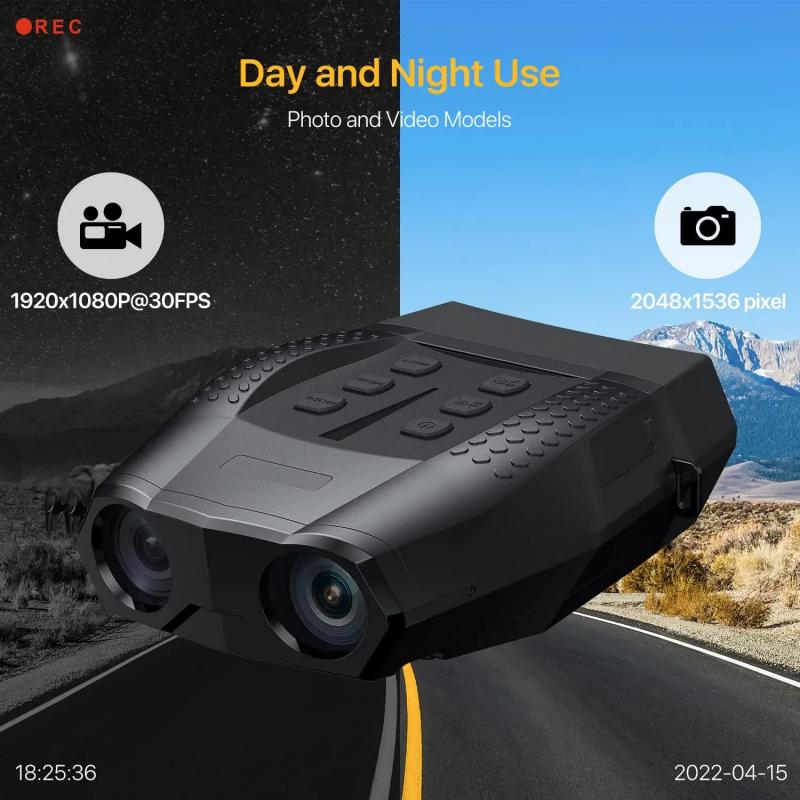
2、 Focal length
What's a good telescope? Well, that depends on what you want to use it for. If you're just starting out and want to explore the night sky, a good beginner telescope would be one with a focal length of around 400-600mm and an aperture of at least 70mm. This will give you a good balance between magnification and brightness, allowing you to see a variety of celestial objects such as the moon, planets, and some deep-sky objects like star clusters and nebulae.
However, if you're more experienced and want to delve deeper into the cosmos, you may want to consider a telescope with a longer focal length. This will allow you to achieve higher magnifications and see more detail in distant objects such as galaxies and quasars. A good rule of thumb is to choose a telescope with a focal length that is at least three times the aperture size.
In terms of the latest point of view, there has been a recent trend towards using computerized telescopes that can automatically locate and track celestial objects. These telescopes use GPS and other technologies to pinpoint their location and align themselves with the night sky. This can make stargazing easier and more enjoyable for beginners and experienced astronomers alike.
Ultimately, the best telescope for you will depend on your budget, experience level, and observing goals. It's always a good idea to do some research and read reviews before making a purchase, and don't be afraid to ask for advice from other astronomers or astronomy clubs.
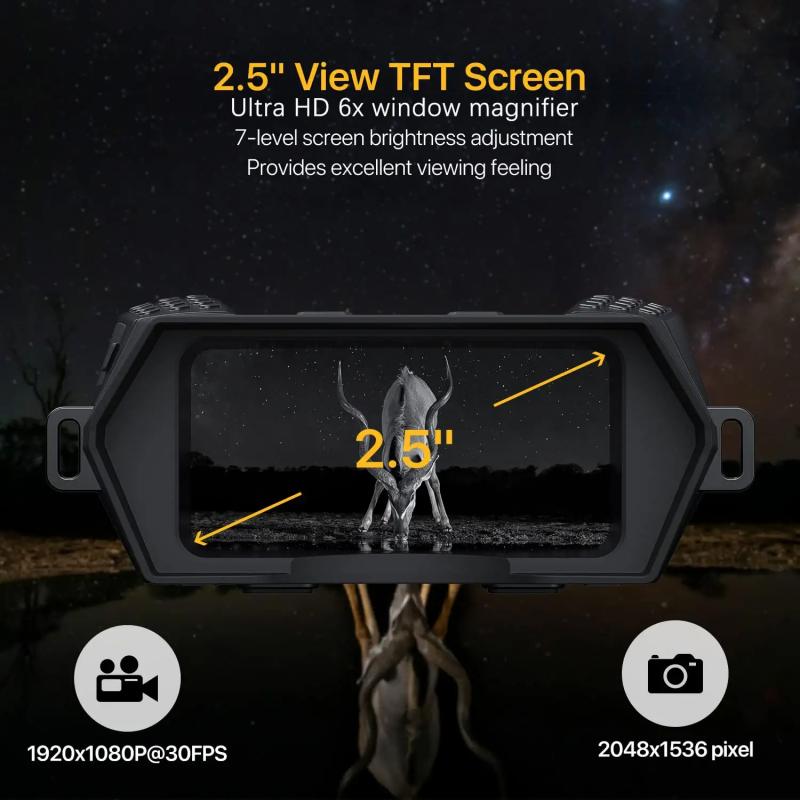
3、 Mount type
What's a good telescope?
A good telescope is one that meets your needs and budget. There are many factors to consider when choosing a telescope, such as aperture, focal length, mount type, and portability. Aperture is the diameter of the telescope's main lens or mirror, and it determines how much light the telescope can gather. Focal length is the distance between the lens or mirror and the focal point, and it determines the magnification of the telescope.
Mount type is also an important factor to consider when choosing a telescope. There are two main types of mounts: alt-azimuth and equatorial. Alt-azimuth mounts are simpler and easier to use, but they are not suitable for astrophotography. Equatorial mounts are more complex and require more setup time, but they are essential for astrophotography and tracking celestial objects.
In terms of the latest point of view, there has been a recent trend towards using computerized mounts that can automatically track celestial objects. These mounts use GPS and other sensors to locate and track objects in the sky, making it easier for beginners to find and observe celestial objects.
Overall, a good telescope is one that meets your needs and budget, and has the right combination of aperture, focal length, and mount type for your intended use.
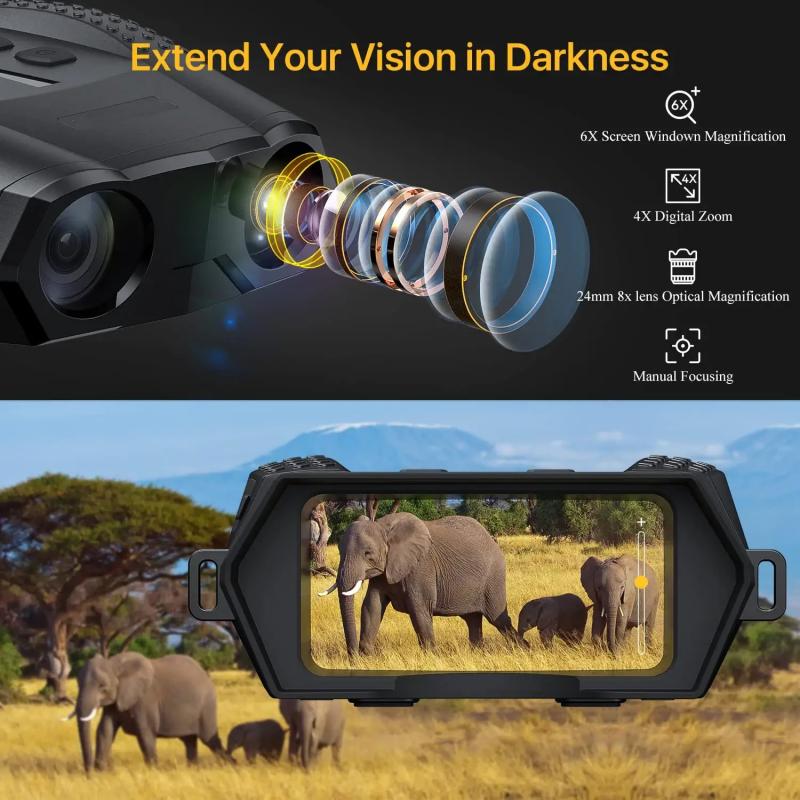
4、 Optical quality
What's a good telescope? The answer to this question depends on several factors, including your budget, observing goals, and level of experience. However, one of the most important factors to consider when choosing a telescope is optical quality.
Optical quality refers to the clarity and sharpness of the images produced by a telescope. A good telescope should have high-quality optics that minimize distortion and aberrations, allowing you to see celestial objects in crisp detail. The type of telescope you choose will also affect its optical quality. Refracting telescopes, which use lenses to gather and focus light, are known for their excellent optical quality and are a good choice for observing planets and other bright objects. Reflecting telescopes, which use mirrors to gather and focus light, are better suited for deep-sky observing and can provide excellent optical quality as well.
In recent years, there has been a growing trend towards using computerized telescopes that can automatically locate and track celestial objects. These telescopes often come with advanced features such as GPS, Wi-Fi connectivity, and smartphone apps that make it easier to find and observe objects in the night sky. While these telescopes can be more expensive, they can also provide excellent optical quality and are a good choice for both beginners and experienced observers.
Ultimately, the best telescope for you will depend on your individual needs and preferences. However, by choosing a telescope with high-quality optics, you can ensure that you get the best possible views of the night sky.
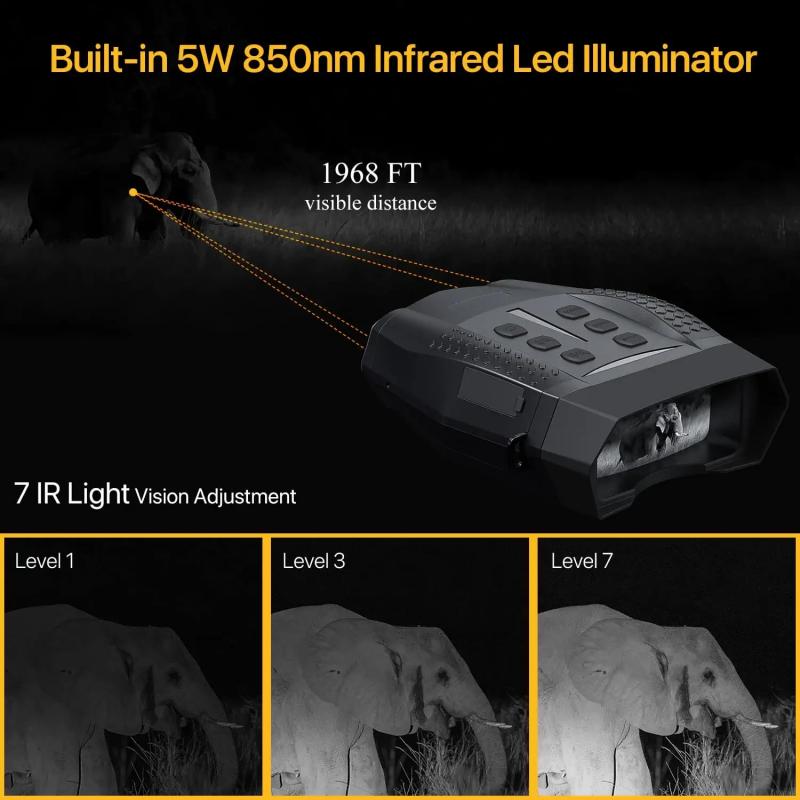



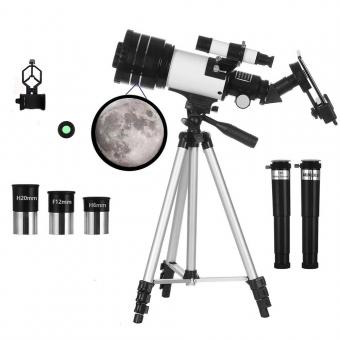
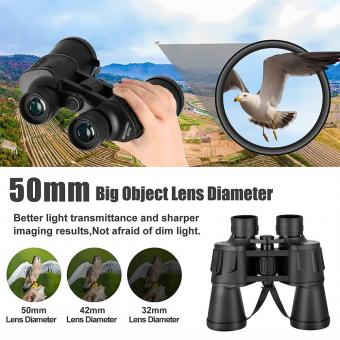


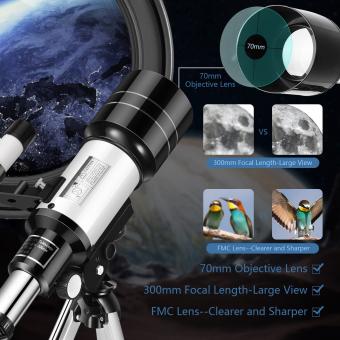

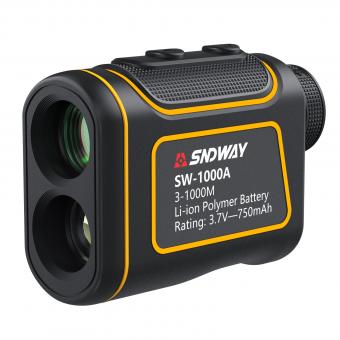
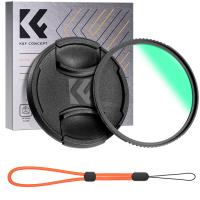
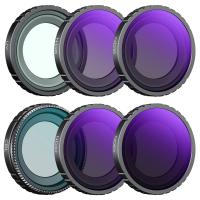
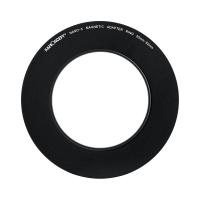
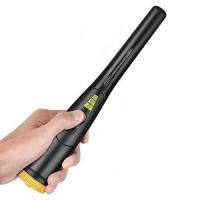
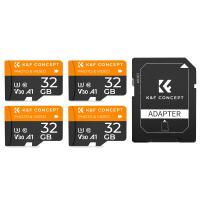
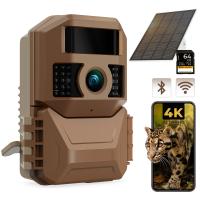
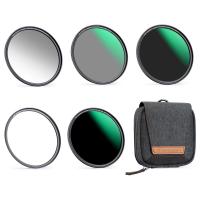
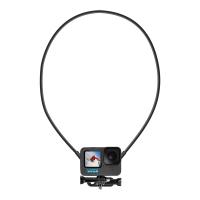
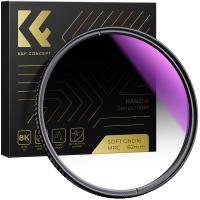
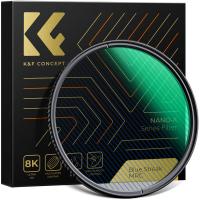
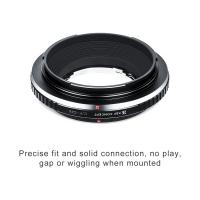

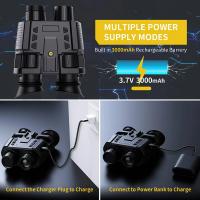
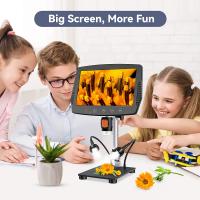
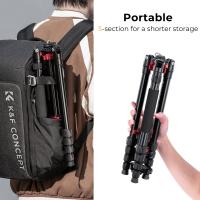
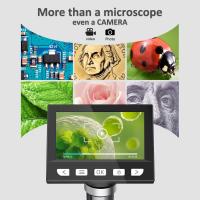

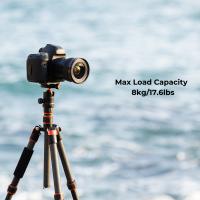
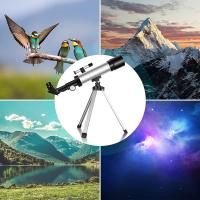
There are no comments for this blog.